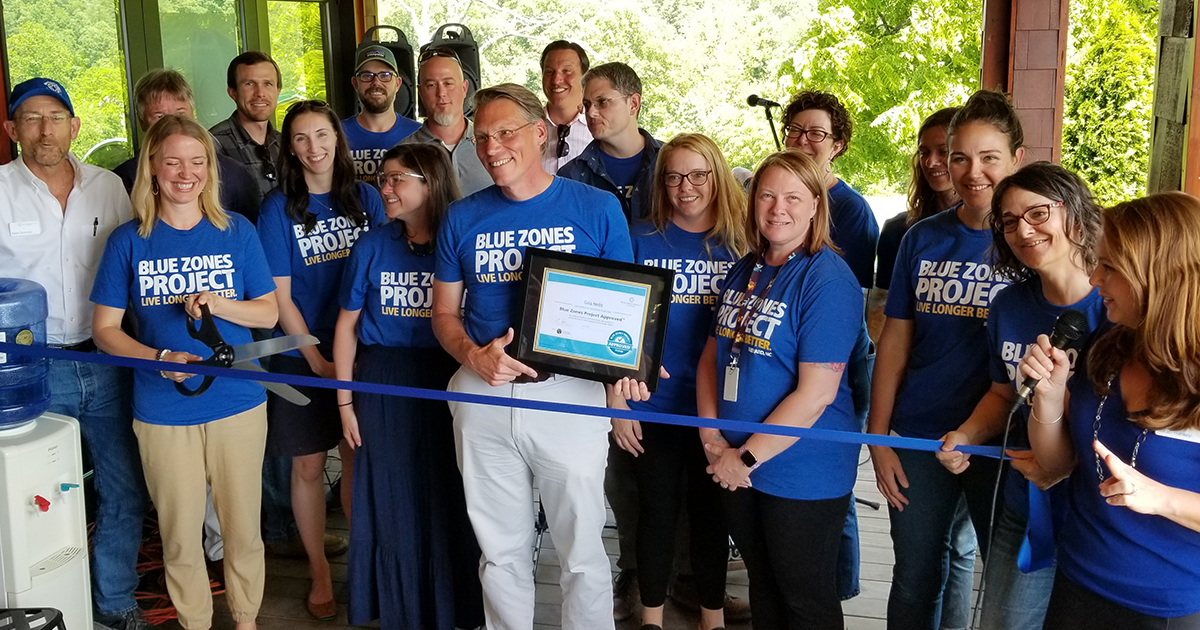Ever have trouble recalling a word or a name? Have you or a loved one ever been concerned about mental deterioration or Alzheimer’s disease? If you answered “yes,” you are in the majority! Most people have had these concerns. The question is: what is part of the normal aging process, or what may become a progressive, debilitating disease?
First, let’s describe the normal aging process as it relates to memory and cognition. Then we’ll progress to the pathological state where there is serious disability leading to loss of function and eventually even death.
Memories are stored in the brain. As the brain ages and accumulates ever-increasing memories and data, accessing this information as fast as you might have in your youth becomes more difficult. Many of us have had the experience of having an elusive name or fact pop up in our mind a few minutes later in a conversation, particularly when we were relaxed and not urgently searching for an answer. Physiological processes such as fatigue, hunger, poor nutrition, alcohol, drugs, and illnesses—all affect the ability to recall.
One’s emotional state—if you are relaxed, happy, and content—also helps improve mental acuity. Being in a comfortable social situation, as opposed to being ill at ease or confrontational, also affects one’s mental abilities and recall.
Our environment can make us better or worse. Being organized, avoiding clutter, using assistive devices such as calendars, contact lists, handheld devices, etc. can also make a big difference in how our mind and memory function. Most importantly, keeping your mind active by continuously learning, reading, and playing games which require intellectual skill, such as Scrabble, Trivial Pursuit or even crossword puzzles and Sudoku, are also excellent for maintaining top function. Being creative by writing, playing music or producing art are also good examples.
When should you start to worry about yourself—or a loved one or colleague—concerning memory loss? Serious memory loss usually starts insidiously with the inability to recall recent events but with the preservation of “remote” memory, that is, the ability to recall events that occurred years ago.
When the loss of memory starts affecting your ability to perform the activities of daily life, such as finding your way to a familiar place or accomplishing a chore which you previously could do with facility and now cannot handle, then you need professional help. If you previously were good in the kitchen with recipes or handy with repairs and now cannot function even when conditions are optimal, then you have a problem and should seek help. Other warning signs include having trouble learning, repeating the same phrases or stories in the same conversation, problems handling money, worsening verbal ability or not being able to keep track of your daily schedule. All are indications of a problem which needs to be recognized and addressed.
Alzheimer’s disease is an abnormality of the brain characterized by progressive loss of mental function with associated physical changes. Unfortunately, the incidence of Alzheimer’s disease doubles every five years after age 65 and currently affects an estimated 5.7 million Americans. There are a few newer medicines which seem to slow down the progression of this troubling illness, and there is a huge initiative with researchers to better understand the cause and mechanism along with hopefully coming up with a cure for memory loss.
Staying alert and involved intellectually is the take home message. Most of us are fine but getting early recognition and treatment for those of us who will have progressive disease is equally imperative.






